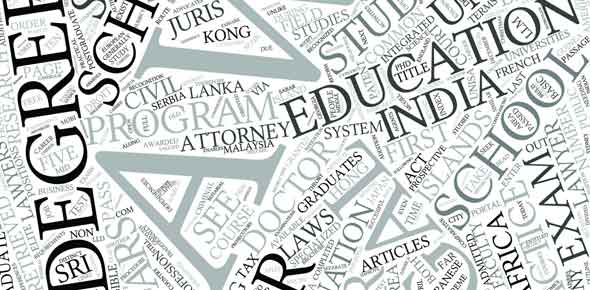Related Flashcards
Related Topics
Cards In This Set
| Front | Back |
|
French and Indian War 1754
|
Between britain and france, colonies got dragged in. caused by colonial expanions as english settlers moved into ohio valley and the french tried to stip them by building outposts. French trying to protect their fur trade and control of the region. many skirmishes, england declared war in 1756 and natives allied with the french. england won and gained control of canada and everything east of the mississippi. Americans served in the englisha rmy and for the first time in prolonged contact with british soldiers. english bad impredssion with how they treated own soldiers and in how the soldiers behaved themselves. first seeds of anti british sentiment.
|
|
Pontiacs Rebellion
|
After the french and indian war, english raised price of goods sold to the native americans and ceased paying rent on their western forts. in responce, opttawa war chief pontiac rallied a group of tribes int he ohio valley and attacked colonial outposts. in response to colonists expanding into the ohip river valley. british forced to quell rebellion at great cost. used germ warfare
|
|
Proclamation of 1763
|
In responce to Pontiacs rebellion, forbidding settlement west of the rivers running through the appalachains. too late, settlers already west of the line. only effect was that it agitated colonial settlers, who regarded it as unwarranted british interference in colonial affairs. marks end of salutary neglect.
|
|
George III and George grenville
|
Believed the colonists should help pay british debt from the seven years war because they benifited from it and their tax burden was relatively light compared to that of taxpayers in england. These 2 imposed new regulations and taxes on the colonies.
|
|
Sugar Act 1764
|
Established new duties and also aimed at deterring molasses smugglers. angered colonists because this new regulation was to be more strictly enforced, duties were to be collected. more difficult for colonial shippers to avoid committing minor violations of sugar act. Violaters tried in vice admiralty courts. Colonists thought parlimant was begining to overstep its bounds with the sugar act.
|
|
Currency Act
|
Forbade people in the colonies from printing their own money. clearly marked the end of the age of salutary neglect.
|
|
Stamp act
|
Aimed at raising revenue. effected legal documents so pissed off the lawyers, and taxed goods produced within the colonies. people argued no taxation without representation under James Otis, while england argued that they had virtual representation in parliment. Colonies united in opposition. the virginia stamp act resolves by patrick henry protested the tax and asserted self government. people in boston burned down officials homes. no one was willing to carry out the stamp act when it was time to be put into use. opposition groups called themselves the sons of liberty.
|
|
Decalatory act
|
Grenville replaced with lord rockingham, who repealed the stamp acts but passed the declalatory act. asserted britains right to tax and legislate in all cases in its colonies.
|
|
Townshend Acts
|
Under Charles Townshend, taxed goods imported directly from britain, some of the tax went to paying the tax collectors so colonists no longer had control over that, and created even more vice admeralty courts than before. many colonists saw this as britain stepping over the line in involvement. also instituded writs of assistance which gave britain the right to search any place suspected of smuggling goods.
|
|
Massachusetts Circular Letter
|
Massachusetts assembly sent a letter to all other assemblies asking that they protest the new measures in unison. the british told everyone they couldnt discuss the letter which means they did. the colonists held numerous rallies and organized boycotts snf for the first time sought the support of commoners. the boycotts were most successful because they affected british merchants.
|
|
Boston massacre
|
Part of the protest to the townsend acts, as british stationed a large amount of troops in boston. soldiers competed with the colonists for jobs and housing. controntation in 1770 when mob bor bostonians pelted snowballs at soldiers which set off gunfire. huge prpgaganda campaign after this.
|
|
Committees of correspondence
|
The beginnings of colonial unification. Occurred in 1772 when the british implemented the part of the townshend acts that provided for colonial administrators to be paid from customs revenues. The committees allowed the colonies to trade ideas and inform one another of the political mood.
|
|
Boston Tea Party - 1773
|
In respnse to british granting the east india tea company a monopoly on the tea trade in the colonies. in boston, the colonists refused to allow the ships to unload their cargo and the governor refused to allow them to elave the harbor. a group of sons of loverty discuised as mohawks, dumped a ships cargo into the boston harbor. 10000 pounds work of tea.
|
|
Intolerable acts
|
Britains responce to the boston tea party. closed boston harbor to all but essential trade and declared it would remina closed until the tea was paid for. required civilians to house british soldiers. convinced many colonists their days of semi autonomy were over.
|
|
Quebec Act
|
Passed at the same time as the intolerable acts which to the colonists chargin granted greater liberties to caltholics, and extended the boundaries of the quebec territory, thus further impeding westward expansion.
|






